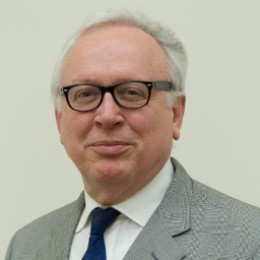
We have kick-started the third year of activity at Sustainable Skills and we are excited about all the business opportunities currently in the pipeline.
Our teams of Sustainable Skills TVET experts are doing a fantastic job working on two crucial projects: the Head of School Skill Development Program in Fiji and the Due Diligence and Technical Evaluations Program in Uganda.
We are now focussing our efforts on a number of potential projects in countries, such as Indonesia and Vietnam, which are looking at the Australian TVET model as their preferred choice to set up effective national vocational education systems.
In August 2018 in Hanoi, during the Vietnam Renewable Energy Week, I met with Nguy Thi Khanhmain, Executive Director of Vietnam’s Green Innovation and Development Centre (GreenID), a Vietnamese not-for-profit organisation promoting sustainable development for the citizens of Vietnam and the larger Mekong region that is based on green and innovative technologies and methods and improved governance of the environment and natural resources.
Ms Khan is one of the founders of GreenID as well as an environmental activist, who has been working for the socially just development of Vietnam and Southeast Asia for almost 20 years. She has recently been awarded the 2018 Goldman Environmental Prize – the world’s largest award for grassroots environmental activists – for her work to push Vietnam’s energy transition. She started working with indigenous communities in the mountains area of Vietnam, focussing mainly on local development and women’s empowerment before diving into energy development and advocating for a more participatory approach around hydropower development in the Mekong region.
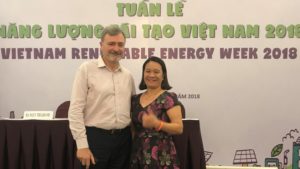
GreenID works to achieve fundamental change in the approach to sustainable development by promoting the transition to a sustainable energy system, good environmental governance and inclusive decision processes.
In the last few years, GreenID has carried out many in-depth analysis of Vietnam’s energy system in various aspects aimed at the sustainable development of the energy industry. The aspects analyzed include the development of coal and the effects of this type of energy on the environment, air and human health.
Focussing on the potential of saving and using energy efficiency by households, industry, and power plants, GreenID has introduced some initiative about renewable energy, both domestic and international, to apply in Vietnam’s situation. At the community level, GreenID is implementing decentralized renewable energy solutions that take advantage of available local energy resources to replace harmful energy resources such as coal and oil. In the context of Vietnam’s import of coal for future power generation, green solutions not only reduce health impacts, but also reduce dependence on imported energy and even create opportunities for employment and a new growth model for the Vietnamese economy.
In this scenario, we are exploring how Sustainable Skills can assist GreenID in the development and execution of a training strategy to effectively build local skills in the renewable energy sector.
 This month, we’ve launched an amazing opportunity to help you starting your next course by offering 20% off all resource kits, learning and assessment resources, and foundation skills assessment kits suitable to train and assess workers in the Resources and Civil Construction industries.
This month, we’ve launched an amazing opportunity to help you starting your next course by offering 20% off all resource kits, learning and assessment resources, and foundation skills assessment kits suitable to train and assess workers in the Resources and Civil Construction industries.
Don’t miss out on this chance, the offer ends on 4 March at 11:59pm.
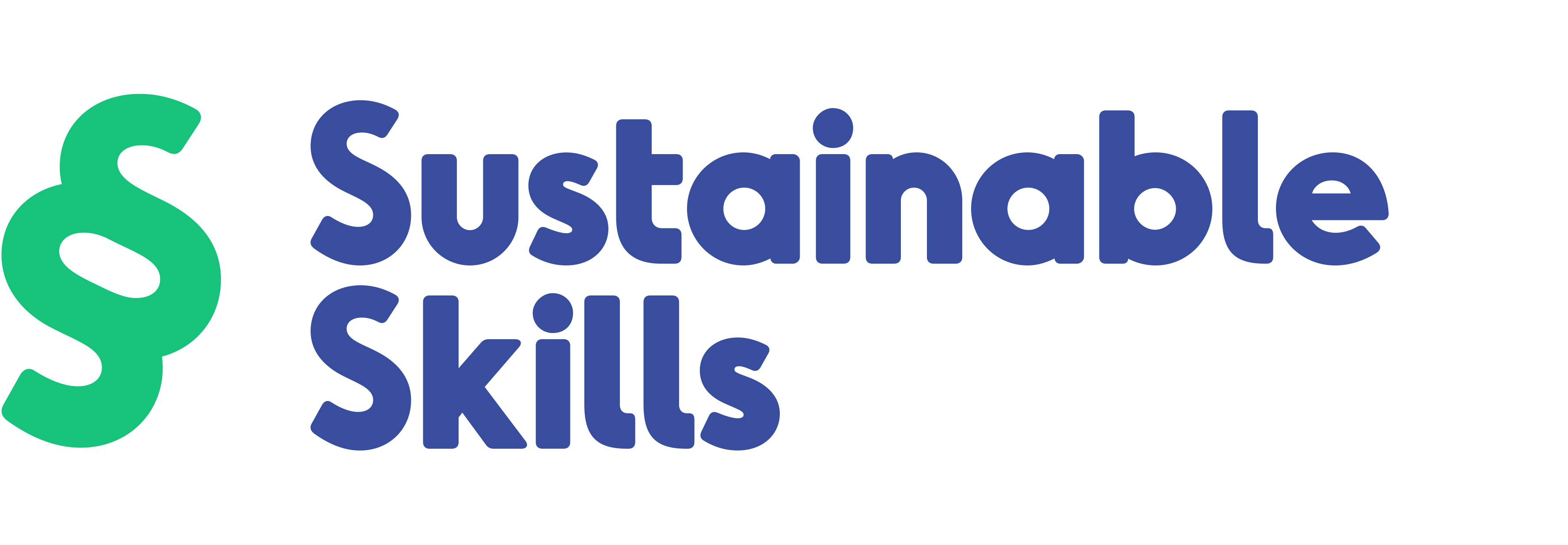
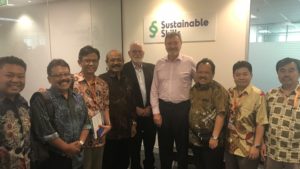
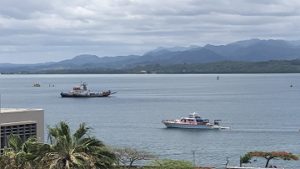 Another important achievement was accomplished In November, when we signed a contract with Coffey International Development to deliver a
Another important achievement was accomplished In November, when we signed a contract with Coffey International Development to deliver a

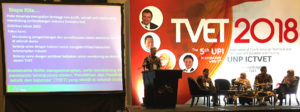
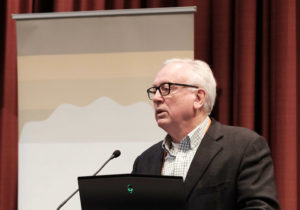
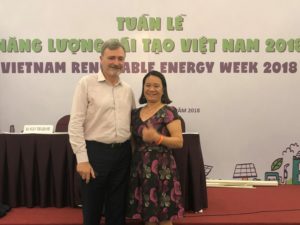
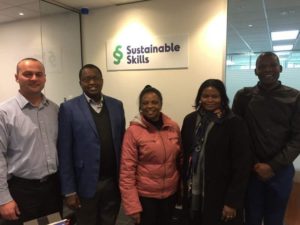
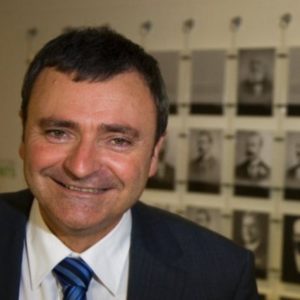 This month, I was invited by the
This month, I was invited by the 